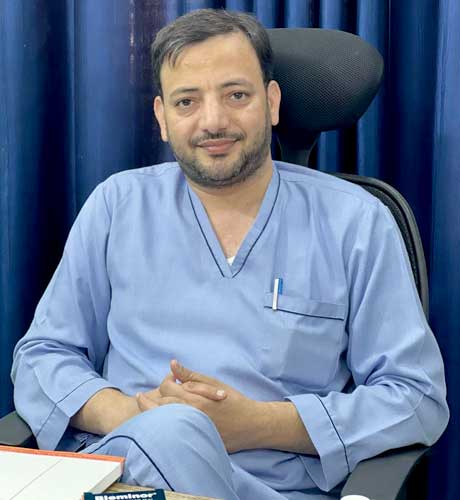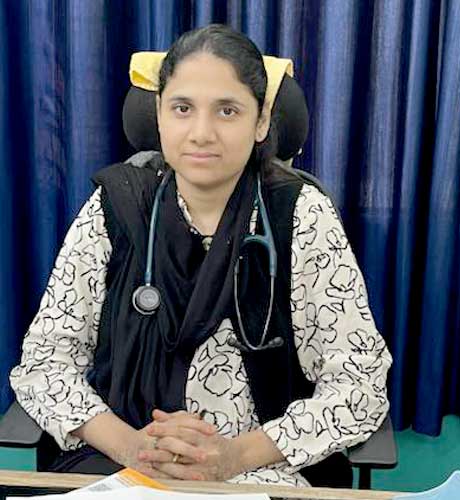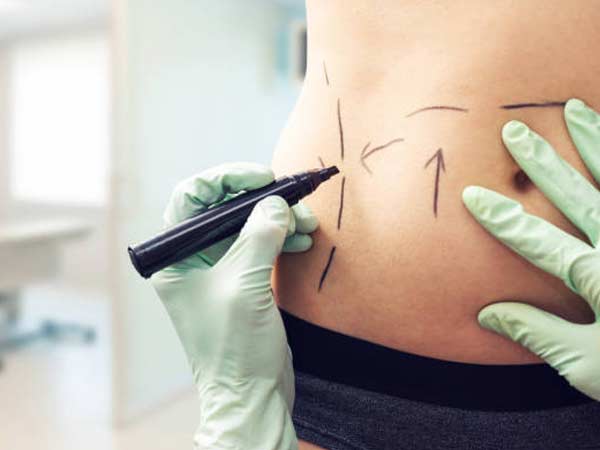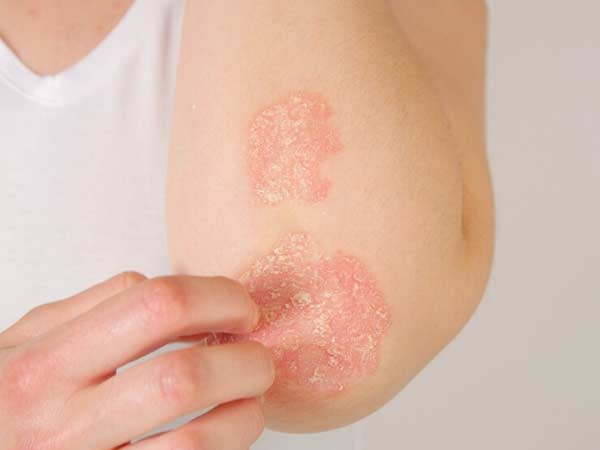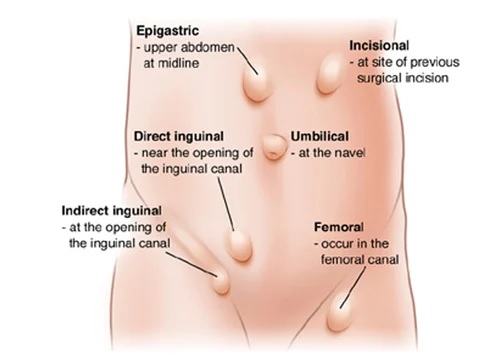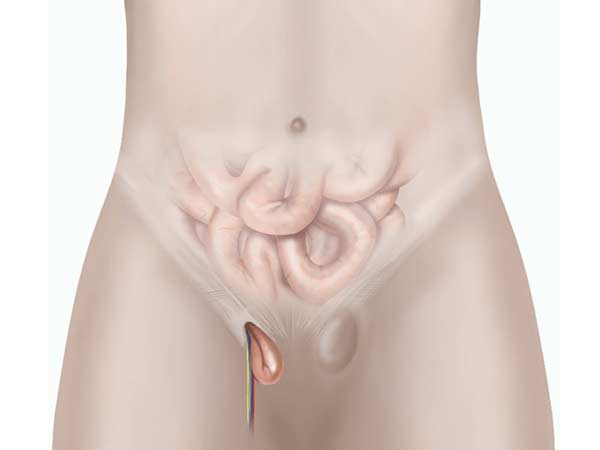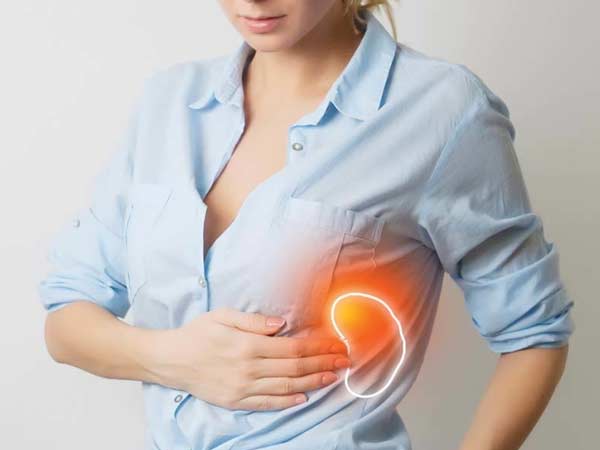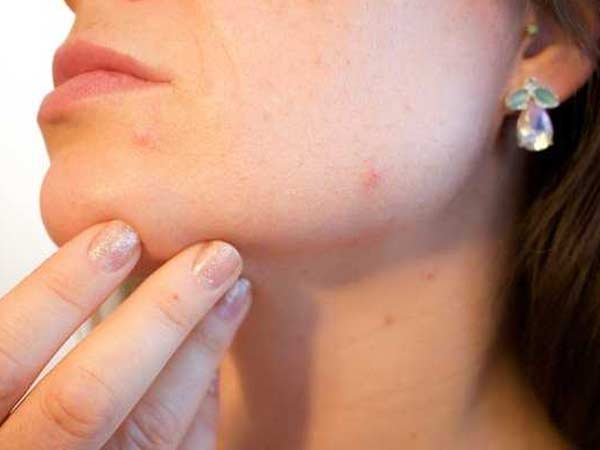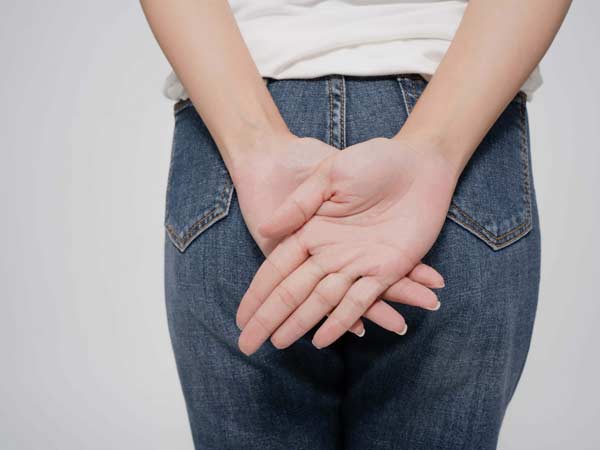
What is pilonidal sinus surgery?
The sinus or pilonidal cyst is an abnormal cavity in the skin that usually contains hair and skin fragments. In most cases, it is located near the coccyx, in the upper part of the groove between the two buttocks. The sinus can be drained through a small incision when superinfected or surgically removed as definitive treatment.
Previous considerations
Before any surgery, an assessment should be carried out by the anesthetist where they will advise you which medication you should stop taking and which you should continue taking. Sometimes you must be evaluated by another specialist if you have underlying diseases.
In the case of anticoagulant treatment or treatment that facilitates bleeding, the anesthesiologist, haematologist, cardiologist or general practitioner must inform the attitude to be followed.
In the case of smoking, the habit should be stopped because it facilitates anesthetic management, smoker patients have more complications than smokers in anesthetic procedures.
It is recommended to perform moderate-intensity exercise before any intervention, unless there is a specific contraindication, such as walking at least 60 minutes a day.
How is the preparation prior to the intervention?
FOOD AND MEDICINE
In preparation for pilonidal sinus surgery, your surgeon may ask you to:
- Do not eat anything before surgery. You may have a sip of water with your medications, but avoid eating and drinking for at least six hours before surgery.
- Discontinue certain medications and supplements. Talk to your doctor about all medications and supplements you take. You continue to take most medications as directed by your doctor. Your doctor may ask you to stop certain medications and supplements because they can increase your risk of bleeding.
How is the surgery performed? (type of incision, resection, type of drainage, anesthesia)
BEFORE THE INTERVENTION
Perianal fistula surgery can be performed under local anesthesia and sedation, general anesthesia, or spinal anesthesia. Numbing medications will be given intravenously in your arm or through a catheter in your spine. Once the medications take effect, the health care team will insert a tube down your throat to help you breathe if your case ultimately benefits from a general anesthetic. Your surgeon will then perform the surgery.
DURING THE PROCEDURE
Your doctor might recommend one of the following treatments:
- Surgical drainage. When your sinus has an infection and does not respond to antibiotic treatment, it will be indicated to make an incision over the cyst under local anesthesia. This will allow the pus that has been produced inside to be evacuated but will not eliminate the cyst. In the future, a definitive surgery will have to be performed.
- Removal. The surgeon locates the tissue that forms the cyst and proceeds to its removal. This option is more aggressive but manages to eliminate it permanently. Sometimes skin closure can be performed if the conditions of the tissues and the size of the cyst allow it. In others, this closure will not be performed and the patient will require nursing care for weeks to achieve closure of the defect through healing from the depths to the surface.
What happens after the surgery?
After surgery, the patient slowly awakens from the effects of the anesthetic drugs, so they may have a feeling of not remembering the process. He will spend a short period of time in an area called post-anesthetic recovery, before being taken to his room.
HOW IS THE RECOVERY IN THE HOSPITAL?
It is possible to feel nausea or abdominal pain after the intervention but they will be controlled with the prescribed medication. After about 6 hours, you will begin with the intake of liquids and then solid foods. We recommend sitting down and starting to walk about 8 hours after the intervention. You will be supervised at all times by nursing staff.
If your surgery was performed in the morning and you have no previous illnesses, you may be discharged at the end of the day. If your surgery took place in the afternoon, you will usually leave the following noon.
HOW IS THE RECOVERY AT HOME?
When you are discharged home, you will be prescribed medication to make you feel as comfortable as possible. You will resume your previous medication following the surgeon’s recommendations, since some drug may not be recommended in the first days after surgery. It is essential to inform the patient that the pain in the intergluteal area will be present during the first two weeks after surgery, so we will prescribe painkillers to control it. Sometimes you may need heparin injection to prevent the appearance of thrombi in your legs.
In relation to food, we recommend a soft diet in the first week to later resume your usual diet.
If finally the skin closure has not been performed, you will be evaluated daily by nursing on an outpatient basis. They will heal you and apply the appropriate treatment at each stage to help you heal.
Walk every day and as you feel less pain, increase the time you dedicate to it. Avoid physical exertion until the surgeon assesses you.
Virtually full recovery can take approximately three to four weeks after surgery, if skin closure has been performed. If the defect remains open, healing can take between 4 and 12 weeks, depending on the characteristics of your sinus.
What are the risks of pilonidal cyst surgery?
The normal thing is that your intervention proceeds without incidents but you must know the potential complications.
Less serious and frequent risks: Infection or bleeding of the wound, acute retention of urine. Prolonged pain in the area of the operation.
Infrequent risks: Reproduction of the sinus.
These complications are usually resolved with medical treatment (medications, serums, etc.), but they may require a reoperation, and in exceptional cases death may occur.
Your risk of complications depends on your overall health and the reason you’re having fistula surgery.

